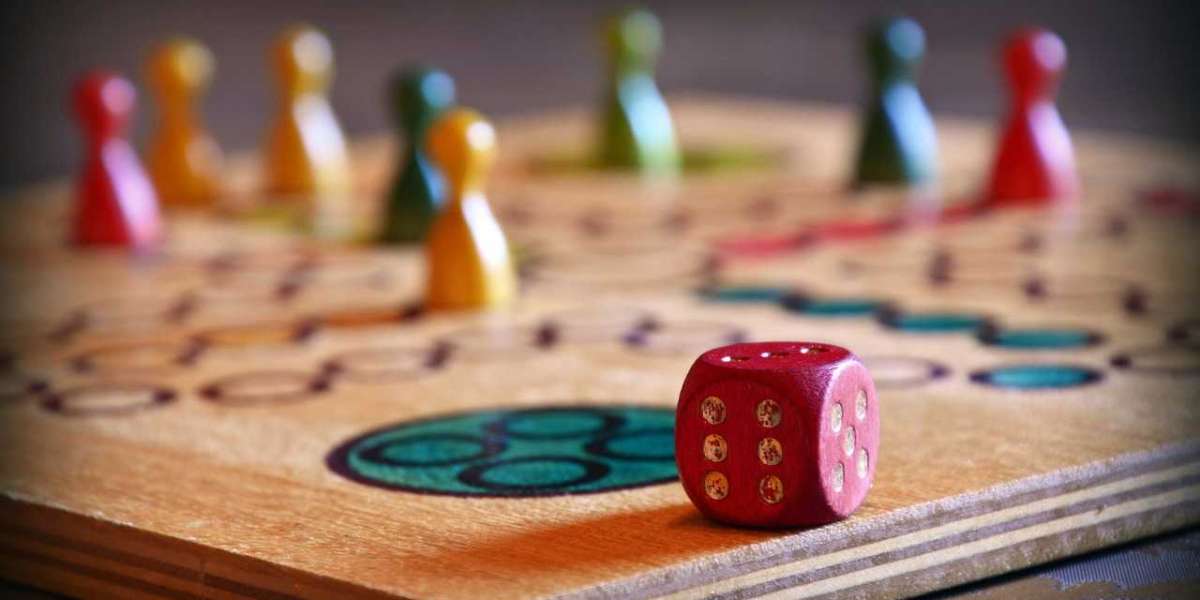The allure of gaming lies in its ability to engage players through a blend of strategy, skill, and a dash of luck. This dynamic is particularly evident in two popular formats: board games and fantasy sports. While both offer unique experiences, they present different balances of luck and skill that affect gameplay and player satisfaction. By examining these elements, a Fantasy Sports App Development Company can glean valuable insights that could enhance user engagement and satisfaction, much like the approaches taken by the Best Board Game Development Company.
Understanding Luck and Skill in Gaming
Luck refers to the unpredictable elements that can influence the outcome of a game, such as dice rolls, card draws, or random events. In contrast, skill involves the strategies and decisions players make based on their knowledge and experience. The interplay between these two factors creates a rich gaming experience, but the balance can significantly impact how players perceive fairness and enjoyment.
Board Games: A Blend of Strategy and Chance
Many board games feature mechanics that combine luck and skill in unique ways. For instance, consider Monopoly, where players roll dice to move around the board but must also make strategic decisions about property purchases and trades. Similarly, games like Catan involve resource management and negotiation, but also incorporate luck through dice rolls that determine resource availability.
- Luck in Board Games
In board games, luck is often a critical component that keeps gameplay exciting and unpredictable. Players might experience swings in fortune based on chance, which can lead to thrilling victories or unexpected losses. This randomness can create memorable moments and stories that players share long after the game is over.
- Skill in Board Games
However, successful board gaming requires a degree of skill, particularly in strategy and decision-making. Players who understand the game mechanics, anticipate opponents' moves, and plan their strategies often have a better chance of winning. This balance ensures that while luck can influence outcomes, skilled players can consistently perform well over time.
Fantasy Sports: Skill Dominates with Elements of Chance
In fantasy sports, the balance between luck and skill shifts more toward skill, though elements of chance still play a role. Players draft real athletes onto their teams and earn points based on those athletes' performances in actual games.
- Luck in Fantasy Sports
Luck manifests in various ways in fantasy sports. For example, unexpected player injuries, weather conditions affecting game performance, or unpredicted standout performances can all impact outcomes. A player might spend hours analyzing statistics and crafting a perfect team only to see their season derailed by an unforeseen event. This randomness can be frustrating but also adds an element of surprise and excitement.
- Skill in Fantasy Sports
The skill component in fantasy sports is significantly pronounced. Players must analyze player stats, understand team dynamics, and make strategic decisions about trades, lineup changes, and matchups. Successful fantasy players often invest time in research and analysis, leveraging their knowledge to maximize points and outperform competitors. This emphasis on skill creates a more competitive environment, where informed decisions can yield consistent success.
The Interplay of Luck and Skill
While board games and fantasy sports each have their own balance of luck and skill, the interplay between these elements is crucial for player engagement in both formats. Here’s how each can learn from the other:
- From Board Games to Fantasy Sports
A Fantasy Sports App Development Company can take cues from board games by incorporating more elements of luck to enhance the thrill of competition. For example, introducing random events or "power-ups" that can change a player's fortunes could keep engagement high throughout the season. This can create memorable moments, akin to the surprises that often arise in board games.
- From Fantasy Sports to Board Games
Conversely, board games can benefit from integrating more skill-based elements that require strategic thinking and decision-making. The Best Board Game Development Company might consider designing games that involve drafting mechanics or player management similar to fantasy sports, encouraging players to make informed decisions that impact their success.
Player Perception and Fairness
The balance between luck and skill significantly influences players’ perceptions of fairness and enjoyment. In board games, too much luck can lead to frustration if players feel their strategies are rendered ineffective by random chance. Conversely, in fantasy sports, an overly skill-based environment might alienate new players who lack experience or knowledge.
- Creating a Fair Experience
To create a balanced and fair experience, developers must consider how to calibrate the levels of luck and skill. For board games, this might mean providing strategic elements that allow players to mitigate the effects of bad luck. For fantasy sports, it could involve ensuring that while skill is rewarded, elements of luck remain to keep all players engaged.
- Engagement through Variety
Both genres can also benefit from variety in gameplay. For board games, this could mean designing scenarios or expansions that introduce new mechanics. For fantasy sports, offering different league formats—such as best-ball or dynasty leagues—can cater to a broader range of players, allowing both casual fans and hardcore strategists to find enjoyment.
Conclusion
The balance of luck and skill is a fundamental aspect of both board games and fantasy sports, influencing how players engage with each format. While board games thrive on a mixture of unpredictability and strategy, fantasy sports lean more heavily toward skill, albeit with elements of chance.
By understanding these dynamics, a Fantasy Sports App Development Company can enhance user experiences, drawing inspiration from the community-driven nature of board games. Similarly, the Best Board Game Development Company can incorporate strategic elements from fantasy sports to create engaging new gameplay experiences.
Ultimately, striking the right balance between luck and skill can lead to more satisfying, engaging, and memorable gaming experiences, ensuring players remain invested in both board games and fantasy sports for years to come.
4o mini









